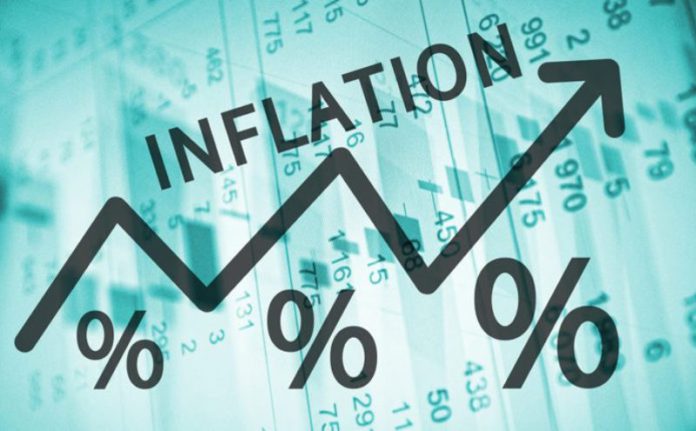The International Monetary Fund, IMF is projecting that Ghana will return to single-digit inflation by the end of 2025.
The IMF in its Economic Outlook Report is forecasting an end-of-year inflation rate of 8 percent for Ghana. The forecast might be in line with what the government is hoping to achieve by the end of next year.
In the 2024 Budget, the Finance Minister noted that “end period inflation is expected to moderate from an expected 29.4 per cent in 2023 to 15 per cent in 2024 and decline further to 8 per cent from 2025 onward.
The IMF in the World Economic Outlook is also forecasting that end-of-year inflation will reach 15 per cent for this year. This is similar to what the Bank of Ghana is hoping to achieve when it comes to their “inflation projection for 2024.
Reasons
There have not been any official reasons from the IMF, following this projection as captured in its Economic Outlook for member countries.
But engaging some IMF officials on the sidelines of the Annual IMF/ World Bank Meetings in Washington DC, they have told JOYBUSINESS the projection is based on measures that the government has implemented so far under the IMF programme and the Bank of Ghana going ahead with those tight monetary measures in the coming months when needed, to try and deal with the inflation pressures.
One official who did not want to be quoted because the required approval has not been given maintained that “we have seen what the Bank of Ghana has done over the past months, under the IMF programme, where in some instances, it outperformed the targets set under the programme”
“So if Ghana should stick to that path, then we should see inflation even doing better than what has been projected under the FUND programme”
Bank of Ghana on the country’s inflation outlook
Bank of Ghana in its inflation forecast for 2024 is looking at an end-of-year target of 15 percent “Plus 2 or Minus two”. This should mean that inflation could end the year at 13 per cent or even 17 per cent. However, there have been concerns about whether the government will end the year by hitting the 15 per cent target it had projected in the 2024 Budget.
It follows recent hikes in prices of Petroleum Products and the possible increase in transport fares and how that could impact the cost of living and the prices of food items.
But speaking at a joint news press conference in Accra after Ghana reached a staff deal with the IMF on completion of the second review, the Bank of Ghana Governor, Dr Ernest Addison maintained that, he expects inflation to start reducing in the coming months. “We expected the disinflation process to continue after recent blips”.
The Bank of Ghana Governor maintained that despite these blips the Bank has no intention of reviewing its end-of-year target of 15, plus 2 or Minus 2.
Ghana’s Inflation Trends
The last time that Ghana recorded single-digit inflation in recent times, was in July 2021, based on data that JOYBUSINESS secured from the Ghana Statistical Service on the trend analysis for consumer price index over the past five years.
But if the projection by the IMF is anything to go by, then Ghana will return to that “single-digit band or framework” by the end of 2025. Before April 2020, inflation had stayed flat at 7.8 per cent for three consecutive months. However, it is believed that impulse and panic buying ahead of the COVID-19 lockdown, pushed it to the double-digit range of 10.6 per cent in April, before it declined again to 9.8 per cent in November 2020.
Ghana’s inflation ending March 2024 stands at 25. 8 per cent, in the same period as last year, that is March 2023 it stood at 45.0 per cent.


